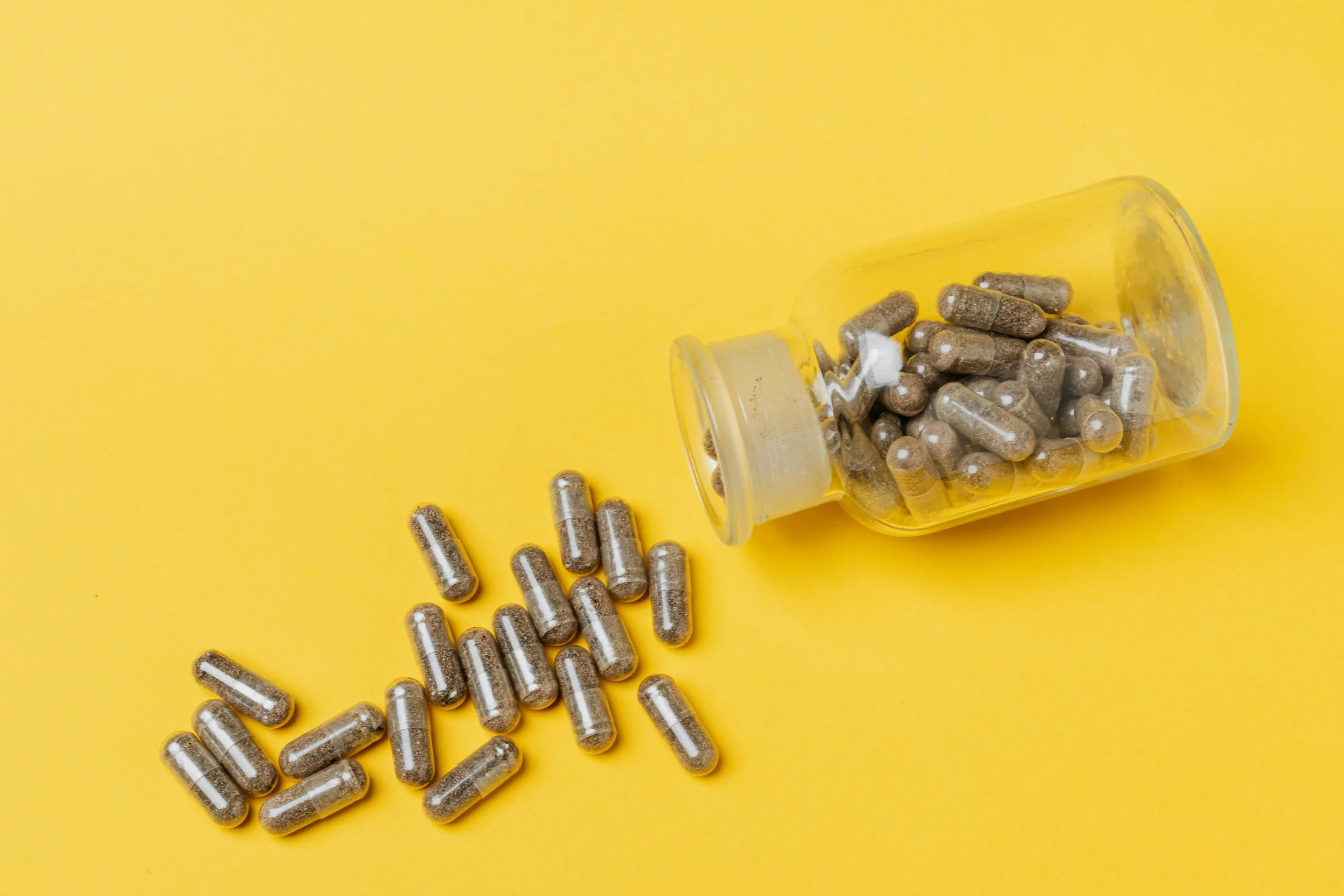Ashwagandha and Cortisol: Can It Really Lower Stress Hormones by 30%?
What Is Ashwagandha?
Ashwagandha is a root used in Ayurvedic medicine for thousands of years. It’s an adaptogen, which is a plant that helps your body handle stress. Instead of overstimulating you, it balances your stress response.
Why Cortisol Matters
Cortisol is your main stress hormone. You need it in small bursts to stay alert. But when it stays high, you feel anxious, tired, and unable to sleep. Long-term high cortisol also raises your risk for weight gain and burnout.
The Research on Ashwagandha and Cortisol
Clinical trials show Ashwagandha lowers cortisol by as much as 30%. In studies using 300–600 mg of standardized extract, participants reported:
Lower cortisol levels
Better sleep quality
Less fatigue
Reduced anxiety
Improved focus
Over 30 clinical studies confirm these results, making Ashwagandha one of the most researched adaptogens for stress.
How It Works
Ashwagandha regulates the HPA axis, which is the system that controls stress hormones. Instead of letting cortisol spike and stay high, it helps restore balance. Think of it as a thermostat for your stress response.
Best Way to Take Ashwagandha
Dosage: 300–600 mg daily of standardized root extract
Form: Capsules and powders are most common
Tip: Look for supplements that list withanolides (the active compounds)
Safety and Side Effects
Ashwagandha is safe for most adults. Side effects are usually mild, like stomach upset or drowsiness. Avoid it if you’re pregnant or have thyroid issues unless your doctor approves.
Bottom Line
Ashwagandha isn’t just hype. Research shows it lowers cortisol, improves sleep, reduces anxiety, and builds resilience to stress. If you want a natural way to bring down stress hormones, Ashwagandha is one of the best-studied options.
Sources
National Library of Medicine – Ashwagandha and Stress Resilience https://pmc.ncbi.nlm.nih.gov/articles/PMC3991026
Journal of Alternative and Complementary Medicine – Ashwagandha for Cortisol Reduction https://pmc.ncbi.nlm.nih.gov/articles/PMC7982519
JAMA Network Open – Dietary Patterns and Psychological Resilience https://jamanetwork.com/journals/jamanetworkopen/fullarticle/2819335
Nutritional Neuroscience – Adaptogens and the Stress Response https://www.sciencedirect.com/science/article/pii/S1756464623002955
Nature Reviews – Psychobiotics and Gut–Brain Health https://www.nature.com/articles/s41380-022-01817-y
Frontiers in Psychology – Daily Resilience and Well-Being https://www.frontiersin.org/journals/psychology/articles/10.3389/fpsyg.2024.1245765/full
Please note: This post is for educational purposes only. It does not replace medical advice, diagnosis, or treatment. Always talk with a qualified healthcare provider before starting or changing any supplement, including Ashwagandha.


